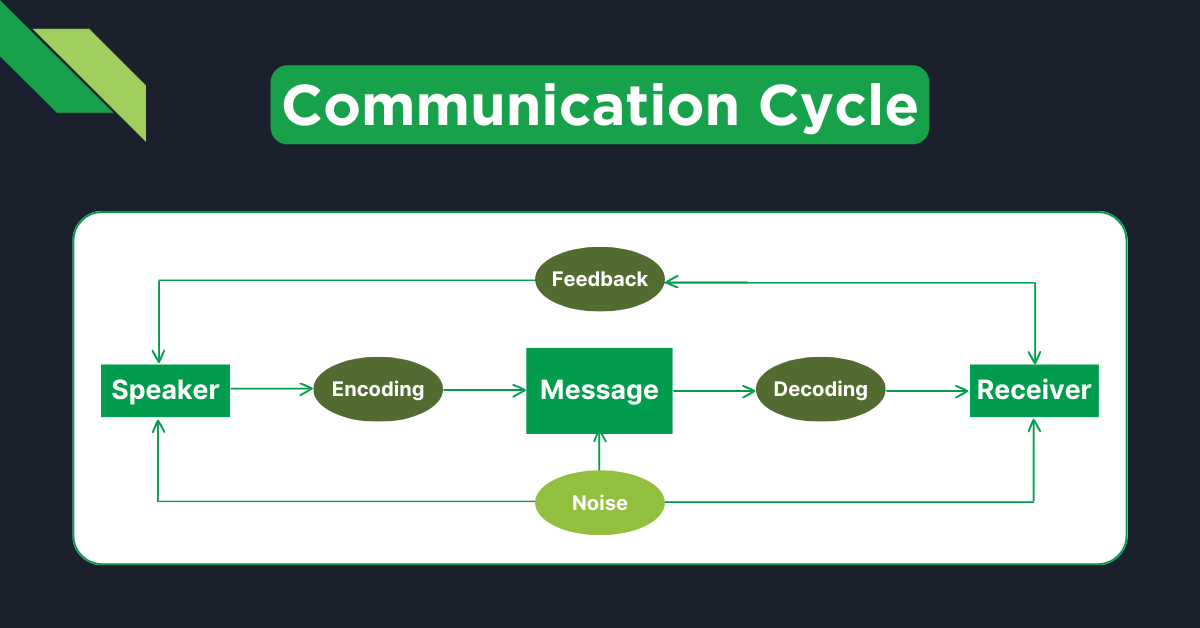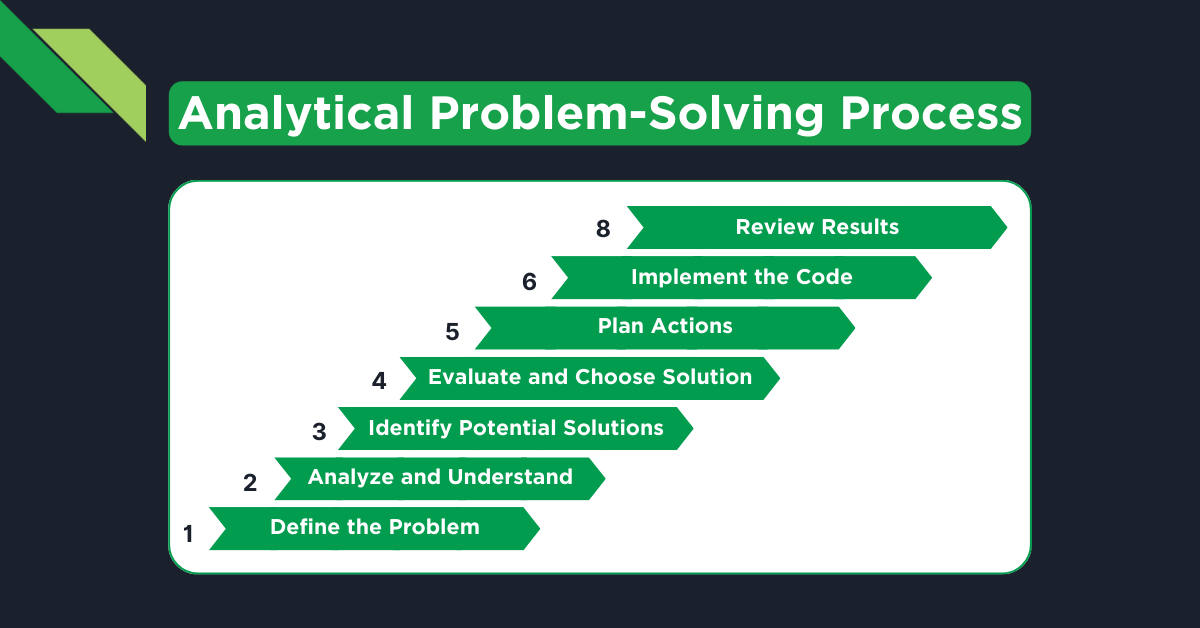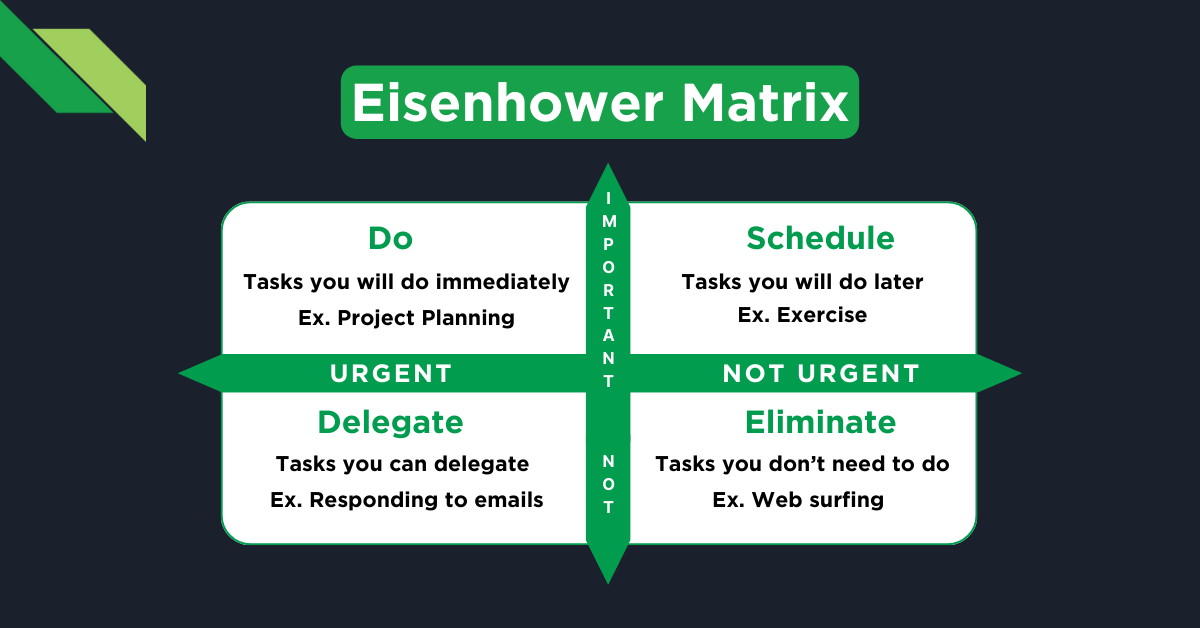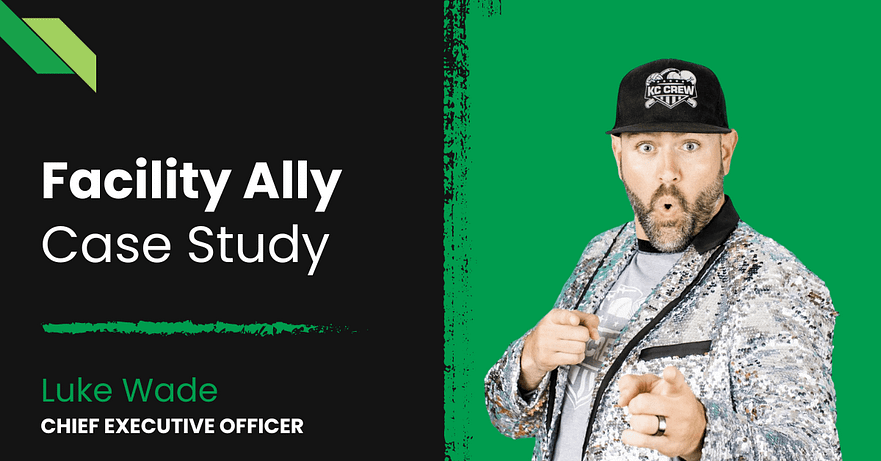9 Software Engineer Soft Skills to Look For (When You re Hiring One)
Stakes are high in software development. One wrong move and your tech product is out of the competition. So, what’s the one thing you can do to ensure your team succeeds?
Balance technical skills with software engineer soft skills.
Of course, technical prowess is undeniably crucial. But what separates a good coder from a truly exceptional software engineer? The answer lies in a hidden arsenal often overlooked: soft skills. These interpersonal strengths, like communication, collaboration, and problem-solving, are the secret weapons that unlock true success in a developer’s journey.
This article delves into the essential soft skills you should prioritize when hiring your next software engineer, whether through in-house, IT recruitment firm, or outsourcing. By understanding what qualities to seek beyond technical expertise, you’re on your way to building a cohesive, high-performing team.
How Software Engineer Soft Skills Complement Technical Expertise
While technical expertise is undoubtedly the foundation for success in software engineering, it’s only half the story.
Soft skills—the non-technical abilities contributing to interpersonal interactions and personal qualities—play a vital role. They complement technical prowess and elevate an engineer’s worth in the competitive tech landscape.
Soft skills elevate a software engineer from mere competence to excellence. They also promote a culture where ideas aren’t just generated but executed with precision and stakeholder engagement.
This results in a more integrated, user-centered approach to technology development at the heart of innovation and business success in the digital age.
9 Soft Skills that Software Engineers Should Have
Soft skills are necessary for success in today’s software engineering landscape. They are not just a nice-to-have. They are crucial for contributing significantly to the success of their teams and organizations, so let’s talk about them.
1. Communication: The Key to Collaboration and Clarity
Effective communication is the bedrock of collaboration and execution within software development. It’s not just about conveying information but doing so clearly, concisely, and persuasively, whether it’s through verbal or written means.

Effective Verbal Communication
Software engineers need solid verbal skills to explain complex technical processes to peers, managers, and non-technical stakeholders.
They must break intricate concepts into understandable bites for efficient teamwork and decision-making. This includes engaging in discussions, asking questions, and presenting ideas. Jeff Bezos advises ” using short words to talk about hard things” to simplify communication.
Effective Written Communication
In today’s fast-paced world, brevity and structure are key in writing. Whether you’re creating software documentation, crafting emails, or composing Amazon-style memos, clear and concise writing is critical. This skill facilitates smoother project flow and minimizes misunderstandings and costly errors.
In both verbal and written forms, communication is not merely about transmission but reception. It requires a feedback loop that ensures the message is delivered and understood as intended.
This dual capacity is fundamental for driving projects forward and maintaining the harmony of the team dynamic.
Active Listening and Understanding Client Needs
Active listening is a crucial and often overlooked skill in the tech industry. It involves more than just hearing words but also understanding the intentions and concerns behind them.
By asking clarifying questions and being attentive to non-verbal cues, software developers gain deeper insight into user experiences and expectations. This leads to solutions that better address real-world problems and fosters a collaborative environment where all team members feel heard and understood.
Using an empathetic approach, technology development can be more human-centric and better cater to users’ needs.
2. Emotional Intelligence: Navigating the Tech World with Empathy
Developing empathy and self-awareness can improve teamwork, drive innovation, and create a healthier work culture in software development.
Recognize Your Emotions and Those of Others
Emotional intelligence is essential for software engineers. It involves recognizing and understanding one’s emotions and their impact on work and colleagues, as well as being attuned to the emotions of others.
Software engineers with emotional intelligence can effectively manage responses to challenges. They detect and navigate interpersonal dynamics within a team and proactively assess and address issues like stress and burnout.
By being emotionally aware, software engineers can contribute to a more cohesive, supportive, and efficient working environment. This is vital for sustaining innovation and productivity in the tech industry.
Never react emotionally to criticism. Analyze yourself to determine whether it is justified. If it is, correct yourself. Otherwise, go on about your business.
—Norman Vincent Peale, American Author, Clergyman
Building Strong Workplace Relationships
Integrating these practices into software engineering workflow creates a positive work atmosphere where all members feel valued and understood. This leads to better collaboration and morale, reduced turnover, and greater team unity.
Strong relationships are crucial for successful projects and careers.
3. Problem-Solving: Essential for Innovation and Adaptation
Problem-solving skills are foundational for software engineers to overcome obstacles, deliver high-quality solutions, and drive innovation.
Analytical Skills that Drive Solutions
In software development, analytical skills are crucial for engineers to diagnose complex issues and devise efficient strategies.
Analytical thinkers excel at identifying patterns in data. They break down massive challenges into more manageable components, seek opportunities for improvement, evaluate multiple perspectives, and strategically envision a project’s trajectory.
These skills ensure that software engineers can undertake problem-solving with a disciplined, rational mindset, making them invaluable assets to any tech organization.

Creativity in Tackling Complex Challenges
Creativity is a practical tool in software engineering that helps develop, deploy, and maintain software systems. It enables engineers to think outside conventional paradigms and devise original solutions to complex technical challenges.
Evaluating a candidate’s creative skills can be as simple as posing custom questions as part of a comprehensive assessment. Being adaptable and creatively leveraging available resources to find cost-effective strategies showcases ingenuity and flexibility, essential traits of creativity.
Creativity in software engineering can turn complex challenges into opportunities for advancement and ingenuity.
4. Time Management: Maximizing Productivity in Software Development
Effective time management is crucial in software development. It helps developers prioritize tasks, avoid distractions, maintain focus, collaborate efficiently, meet deadlines, and deliver high-quality software solutions in a timely and efficient manner.
Prioritization Techniques that Enhance Efficiency
Prioritizing tasks is crucial for software engineers to manage their workflows effectively. Here are some popular prioritization methods:

- Eisenhower Matrix: Categorizes tasks into four categories: Urgent and important, important but not urgent, urgent but not important, and neither urgent nor important.
- MoSCoW Method: Categorizes tasks as Must have, Should have, Could have, and Won’t have.
- ABC Method: Allocates an ‘A’ to high-priority items, a ‘B’ to important but not urgent tasks, and a ‘C’ to nice-to-dos.
- Timeboxing: Assigns a fixed maximum unit of time for an activity.
- Daily Stand-ups: Crucial for prioritizing tasks in team settings.
Using these techniques, software engineers can focus on tasks that offer the greatest impact, deploy effort where it’s most needed, and produce high-quality work.
Tools and Strategies to Manage Workload
To manage workload efficiently, software engineers can use various tools such as:
- Project management software
- Version control systems
- Automation tools
- Time tracking apps
- Communication platforms
- Mind mapping software
- Digital space decluttering
These tools help visualize workflows, monitor progress, manage deadlines, track changes, automate repetitive tasks, improve focus, and maintain a work-life balance.
Integrating these tools and strategies can lead to improved productivity and higher-quality output.
5. Adaptability: Thriving in a Fast-Paced Industry
Adaptability, one of the essential soft skills for software engineers, is a cornerstone trait. It enables them to thrive in an ever-changing landscape, effectively collaborate with others, solve complex problems, continue learning, and advance their careers.
Flexibility Amidst Technological Changes
To manage workload efficiently, software engineers can use various tools: project management software, version control systems, automation tools, time tracking apps, communication platforms, mind mapping software, and digital space decluttering.
These tools help visualize workflows, monitor progress, manage deadlines, track changes, automate repetitive tasks, improve focus, and maintain a work-life balance.
Integrating these tools and strategies can lead to improved productivity and higher-quality output.
Software engineers who embrace flexibility are more likely to grow in their roles, contribute meaningfully to their teams, and advance the craft of software development itself.
Flexibility is not just desirable. It’s an essential survival skill in the fast-paced tech world where software development trends keep changing.
Learning Agility (Staying Ahead of the Curve)
Software engineers need learning agility to stay relevant and competitive in their dynamic field. This involves continuous up-skilling through courses, obtaining certifications, and attending workshops and conferences.
Engineers must anticipate future trends, adapt to new methodologies, and leverage cross-disciplinary knowledge. Additionally, they must embrace new technologies and environments to remain valuable assets to their teams and careers.
Cultivating learning agility ensures lifelong learners are ready to harness change to their advantage.
Open-mindedness: An Asset for Innovative Development
Open-mindedness is an essential attribute for software developers seeking to excel. Software developers who maintain an open-minded approach can leverage diverse viewpoints and ideas, incorporate constructive feedback, test innovative solutions, assess conventional practices, adjust to changing circumstances, and gain insights from other domains.
Encouraging open-mindedness within teams facilitates personal and professional growth and fosters an environment where the status quo can be challenged and improved upon.
6. Leadership and Mentorship: Guiding Teams to Success
High-performing software development teams rely on organizational leadership and mentorship to drive collaboration, innovation, skill development, and project success.
Inspiring and Motivating Fellow Developers
Leadership in software development requires technical skills and the ability to inspire and motivate fellow developers. The following are some ways in which software engineers can show leadership skills:
- Set an example by demonstrating a commitment to quality and innovation.
- Communicate project visions and goals clearly to give the team a sense of purpose.
- Provide recognition and encouragement for achievements.
- Foster a positive team environment that encourages creativity and innovation.
- Invest in the professional development of team members.
- Empower team members by trusting them to take ownership of parts of a project.
Leaders can catalyze their team’s success and satisfaction by creating a team culture that values continuous improvement and personal growth.
Never discourage anyone…who continually makes progress, no matter how slow.
—Plato
Sharing Knowledge and Encouraging Growth
To improve mentorship skills among software engineers, businesses can:
- Implement mentorship programs within teams.
- Use code reviews as learning sessions.
- Create comprehensive documentation and guides.
- Organize informal workshops or tech talks.
- Encourage cross-training across different roles and technology stacks.
- Foster a safe learning environment where asking questions and self-driven learning are encouraged.
By actively sharing knowledge and nurturing growth, leaders can ensure their teams shape the changing technological landscape, become industry leaders, and drive innovation.
7. Accountability: Ownership Over Code and Career
Software developers must possess certain personality traits such as accountability and ownership to maintain quality standards, respond well to feedback, troubleshoot problems, grow professionally, and collaborate effectively with peers. These traits drive innovation and excellence in software development, contributing to the success of teams and organizations.
Taking Responsibility for Mistakes and Learning from Them
Software engineers must take responsibility for their mistakes to foster transparency and trust within their team.
Owning up to errors creates learning opportunities and encourages a supportive response from team members. It’s crucial to share experiences and learn from mistakes by implementing preventive measures.
Leaders in software development play a significant role in creating a learning environment where mistakes are valued as opportunities for improvement.
By embracing mistakes as an integral part of the engineering process, developers can foster a culture of continuous improvement and validation.
The Role of Transparency in Team Dynamics
Transparency in software engineering is crucial for creating a healthy work environment. It establishes trust, enables clear communication, promotes accountability, facilitates effective problem-solving, supports informed decision-making, and encourages continuous feedback.
Leaders play a vital role by leading by example, involving their teams in decision-making, and maintaining an open-door policy.
Balancing information sharing without causing overload is crucial for software engineering success and innovation.
8. Collaboration and Teamwork: The Pillars of Successful Projects
Successful software projects require collaboration and teamwork. They allow teams to leverage diverse expertise, enhance creativity, improve problem-solving, ensure quality assurance, adapt to change, and boost morale. A collaborative culture drives greater efficiency, productivity, and success in software development.
Cultivating a Team-First Attitude
To succeed in software development, it’s crucial to prioritize the team’s objectives over individual ones. This means fostering inclusivity, collaboration, shared ownership, active contribution, peer recognition, and conflict resolution.
The result is a collective powerhouse of ingenuity, resilience, and dedication that fuels individual success and project excellence.
Cross-functional Cooperation and Conflict Resolution
Modern software projects require cross-functional cooperation. Engineers must work with individuals from diverse disciplines. They should also establish common goals, communicate effectively, resolve conflicts, build flexible processes, and learn de-escalation techniques.
These skills create integrated, innovative, and user-focused products.
9. Continuous Learning: Keeping Skill Sets Current
To stay relevant, software developers must continuously learn to adapt to new technology and industry trends. This improves their problem-solving skills and coding efficiency. It also fosters professional growth and innovation.
Self-Directed Learning and Professional Development
Software engineers are responsible for their professional development. They should take a self-directed approach to learning by engaging in developers’ courses, utilizing online resources, attending conferences, and setting clear goals.
Adopting this approach empowers engineers to respond to technological shifts, address skill gaps, and seize opportunities for career progression.
Integrating New Technologies and Approaches into Your Repertoire
To remain effective in software engineering, keep up with the latest technology. Identify relevant tech, get hands-on experience, collaborate with others, follow thought leaders, get formal training, use iterative learning, and share knowledge with peers. Be proactive in integrating new technologies to contribute to and shape the industry.
Hire Software Engineers with the Best Soft Skills
While technical skills are undoubtedly important for software engineers, recruiters should prioritize soft skills when hiring.
Candidates with soft skills possess the interpersonal, problem-solving, and adaptability skills necessary for success in software development’s dynamic and collaborative environment.
But finding and hiring software engineers is more challenging than you think. With the current talent shortage in the IT field, competition for recruiting talent is at an all-time high.
That is why you should leave these tasks to experts like Full Scale. We are an offshore development center (ODC) that will connect and match you with the right tech talent.
Full Scale has a pool of developers, engineers, testers, and leaders who are experienced and possess soft skills to help you succeed.



